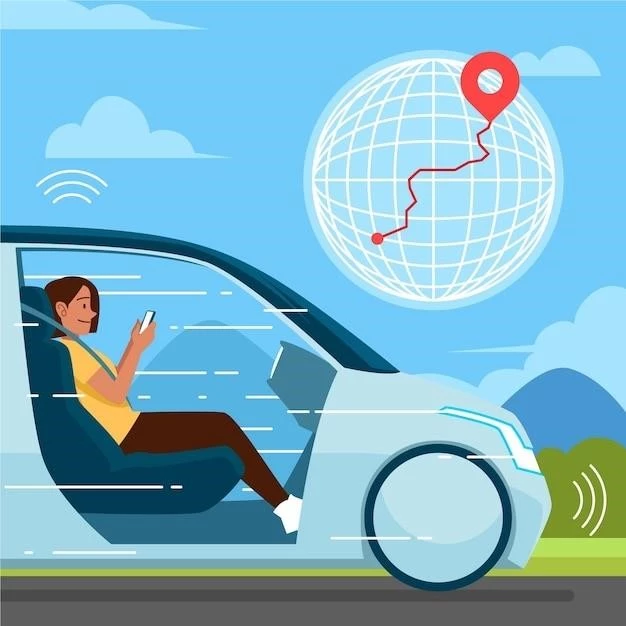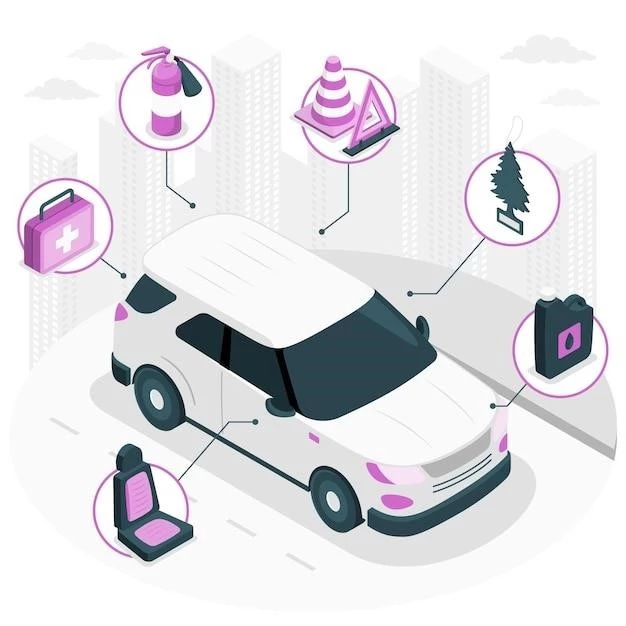The advent of self-driving cars has brought with it a wave of excitement and apprehension. While the prospect of autonomous vehicles promising safer roads and increased convenience is appealing, it also raises profound ethical dilemmas that we, as a society, must confront. As someone who has spent considerable time researching and experiencing self-driving technology, I can attest to the complexity of these issues.
The Trolley Problem: A Real-World Dilemma
One of the most discussed ethical dilemmas in the context of self-driving cars is the “Trolley Problem.” Imagine a self-driving car approaching an intersection where it must choose between hitting a pedestrian crossing illegally or swerving into oncoming traffic, risking a collision with another car. In this scenario, the car’s programming must decide who to sacrifice. This hypothetical situation, while seemingly far-fetched, highlights the real-world ethical challenges faced by developers of autonomous vehicle technology.

Whose Life Is More Valuable?
The Trolley Problem raises a crucial question: whose life is more valuable? Should the car prioritize the life of the pedestrian over the lives of the passengers? Or vice versa? This question becomes even more complex when considering factors like age, health, and the number of people involved. The ethical implications of assigning value to human life in such a binary situation are deeply troubling.
The Importance of Transparency
Another ethical concern is the need for transparency in the decision-making processes of self-driving cars. How will we know what factors the car considers when making life-or-death decisions? Will the algorithms be open to public scrutiny, allowing for accountability and public trust? This issue is crucial for ensuring that the ethical frameworks governing self-driving cars are fair and transparent.

The Role of Human Oversight
While the goal of self-driving cars is to eliminate human error, the question of human oversight remains critical. Who is responsible when an accident occurs? Is it the car manufacturer, the software developer, or the individual who was behind the wheel (if there was one)? The legal and ethical ramifications of assigning blame in such cases are far from clear.
The Future of Ethical Decision-Making
The ethical dilemmas posed by self-driving cars are not easily resolved. They require thoughtful discussions and collaborations between technologists, ethicists, policymakers, and the public. As someone who has been closely following these developments, I believe that open dialogue and public engagement are essential to ensuring that the future of autonomous vehicles is one that prioritizes safety, fairness, and the well-being of all.
The ethical considerations surrounding self-driving cars are complex and multifaceted. They challenge us to confront fundamental questions about human life, responsibility, and the role of technology in our society. It is crucial that we approach these challenges with open minds and a commitment to ethical principles, ensuring that the future of transportation is one that benefits all.










